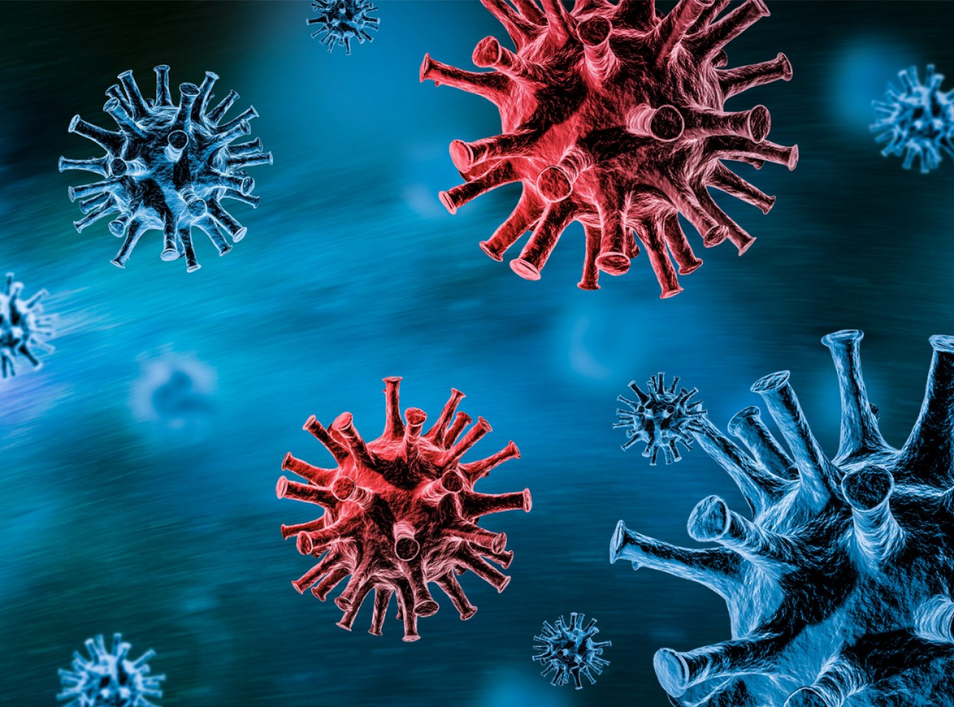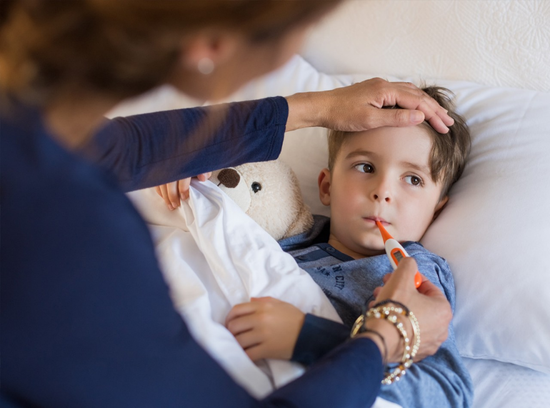
What Are Germs?

Germs are everywhere.
Living inside and outside the human body, while some help with healthy digestion others exist on your skin – or transfer onto surfaces – and can pass around infectious diseases.
There are four main types of germs:
- Bacteria: While some bacteria can be good for us, ‘bad bacteria’ can cause sore throats, ear infections and cavities.
- Viruses: These can cause a variety of outbreaks from flu to Measles and Chickenpox.
- Fungi: Though many fungi are not harmful to healthy people, others can give us rashes like Athlete’s Foot.
- Protozoa: These spread through water and can cause intestinal infections such as Diarrhea and nausea.
What do germs look like?
Trying to spot one? Don’t forget that they are invisible to the human eye. They are so minuscule that we can’t see them without a microscope! One of the reasons why we don’t know when we have contacted germs that make us sick until, we are sick.
Where do germs come from?
It’s impossible to avoid germs, they’re all around us – in the air, on food, on plants and animals as well as in the soil and water. They’re can be present on pretty much all surfaces.
How do germs spread?
Germs can spread in various ways, but mostly through direct or indirect contact – or by simply being in the air:
- Air: Germs are in the air, from sneezes to coughs or even just breathing.
- Directly: Direct contact with something contaminated. From sweat, blood, salvia to holding hands.
- Indirectly: Indirectly by touching something that someone else has touched, like a surface or an object.
How long do germs live?
This depends on a variety of factors; from the type of germ to the nature of its environment, such as temperature, humidity and surface. All these things make it extremely difficult to estimate how long it takes for germs to die as some germs die almost instantly while others can live for months.
Where can germs be found?
As germs are invisible to the naked eye, it helps to know the most common places that they could be lurking. Here are some of the spaces that germs tend to hide, as well as some tips on what kills germs and how to avoid them.
Public places
- Your office: Shared office supplies are germs magnets, make sure to clean your workspace with Lizol All Purpose Power Cleaner.
- Airplanes: You’re in a closed space with strangers. Make sure to clean your surrounding with Lizol All Purpose Power Cleaner.
- Movie theatres: If you’ll be eating snacks throughout, try to avoid touching your eyes, nose and mouth, and be sure to wash your hands thoroughly whenever you get a chance.
- Restaurants: Raw or undercooked foods can expose an entire kitchen to germs such as salmonella and shigella. Always choose wisely, and don’t forget to check their health certificate.
- The doctor’s office: You are sharing a small space with infectious people, chairs, doorknobs, toys and the like can become contaminated. Try to avoid touching shared surfaces, wash your hands and, if you’re taking your child, consider bringing their toys and books from home instead.
The germiest items in your home
- Your kitchen sponge: The best way to eliminate germs from sponges is to wet them and place them in the microwave on high power for two minutes. Do this every day and replace it with a fresh one at least every two weeks.
- The cutting board: An average cutting board can dirtier than an average toilet seat. To find out how to clean your cutting board and reduce the number of germs that reside on it, click here.
- Your toothbrush: Your toothbrush might be the dirtiest thing in your washroom. Close your toilet seat before flushing and replace your toothbrush often, and especially after sickness.
- The kitchen sink: Food particles when left to soak can be a breeding ground for bacteria. To find out how to clean your kitchen sink, click here.
- Bedsheets and towels: Germs can live on towels and sheets for days without a host. Clean your sheets and towels regularly. Hang them up so they don’t collect germs in a damp pile too!
While knowing the most common places where germs hide can help us ensure we pay close attention to those areas, our best protection against germs is washing our hands thoroughly and regularly.
How to power clean?
The nature of germs means that we can’t always guarantee protection from illness and infection. However, with the proper practices and tools like Lizol All Purpose Power Cleaner and Lizol Surface Cleaner, we can help to better our chances of living a happier and healthier lifestyle.


